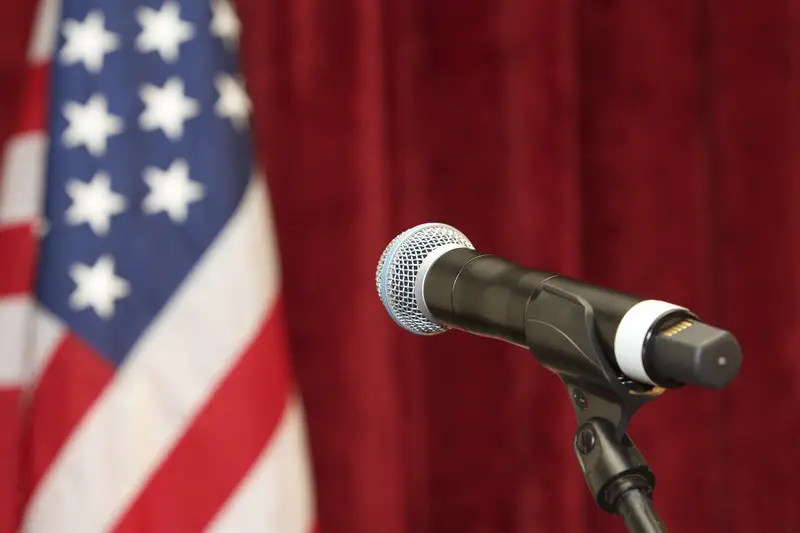Minnesota Republican State Senator Bruce Anderson died unexpectedly on Monday, July 21, at age 75, ending a legislative career that spanned more than three decades across both chambers of the state Legislature.
Senate Minority Leader Mark Johnson announced Anderson’s death in a statement Monday, describing him as “a dedicated public servant, loving family man, and dear friend to many at the Capitol and in Buffalo.” Anderson’s family has requested privacy and will release a statement at a later time.
Anderson began his political career in 1995 when he was first elected to the Minnesota House, representing District 19B. He later represented District 19A from 2003 to 2012 before winning election to the Minnesota Senate in 2012, where he served District 29 until his death. His Senate district encompassed parts of Wright County and three communities across neighboring Hennepin and Meeker counties.
Before entering politics, Anderson served his country in multiple military capacities. He enlisted in the U.S. Navy after high school graduation and served during the Vietnam War from 1970 to 1973. He later joined the Minnesota Air National Guard, where he achieved the rank of Master Sergeant, and also served in the U.S. Air Force Reserves.
Anderson grew up as the eldest of eight children on a dairy farm in rural Minnesota, an agricultural background that would later influence his legislative priorities. He attended Willmar Technical College, Crown College, and Northwestern College before entering the business world, working in agricultural and business sales.
Throughout his tenure in the Legislature, Anderson focused on issues affecting rural Minnesota, including agriculture, energy policy, rural economic development, broadband access, and public safety. His military service led him to champion veterans’ causes, and he chaired veterans’ committees in both the House from 2011 to 2012 and the Senate from 2017 to 2020.
Colleagues from both sides of the aisle praised Anderson’s approach to public service and his treatment of fellow lawmakers. Senate Majority Leader Erin Murphy, a Democrat from St. Paul who served with Anderson in both chambers, indicated she would fondly remember him for how he approached his work and treated colleagues. She characterized him as a decent, kind colleague and dedicated family man.
Governor Tim Walz and his wife Gwen expressed their condolences through social media, with Walz noting that Anderson was “a steadfast advocate for those who served our nation and he will be missed in the Senate chamber.”
Democratic Senator Aric Putnam from St. Cloud, who worked with Anderson on agriculture and veterans’ issues, emphasized Anderson’s dedication and humility. He described Anderson as a steady, principled voice whose kindness and deep commitment to service would be missed by all Senate members and Minnesota residents.
Former Republican Senate Majority Leader Amy Koch, whom Anderson succeeded in the Senate, paid tribute to him on social media, describing him as both a mentor and friend who changed hearts and minds through hard work and extensive conversation in what was once a DFL-leaning (Democratic-Farmer-Labor Party) district.
Anderson’s personal life included tragedy and renewal. His first wife, Dottie, died of cancer in 2006. He later married Ruth, and together they lived in Buffalo, Minnesota. Anderson had eight adult children and 14 grandchildren at the time of his death.
Anderson’s death creates a vacancy in the Minnesota Senate that will require a special election. Walz must call the election to fill Anderson’s safely Republican seat, which he won by approximately 36 percentage points in his last contest in 2022.
The vacancy adds to recent upheaval in the Minnesota Senate. The chamber has experienced multiple changes over the past year, including a January special election to fill a Minneapolis seat after Senator Kari Dziedzic died from ovarian cancer in December, and another special election after Republican Senator Justin Eichorn resigned following his arrest in an underage prostitution sting.
Additionally, another Senate vacancy will occur when Democratic Senator Nicole Mitchell resigns following her felony burglary conviction. Her attorney indicated she will resign no later than August 4, requiring yet another special election.











